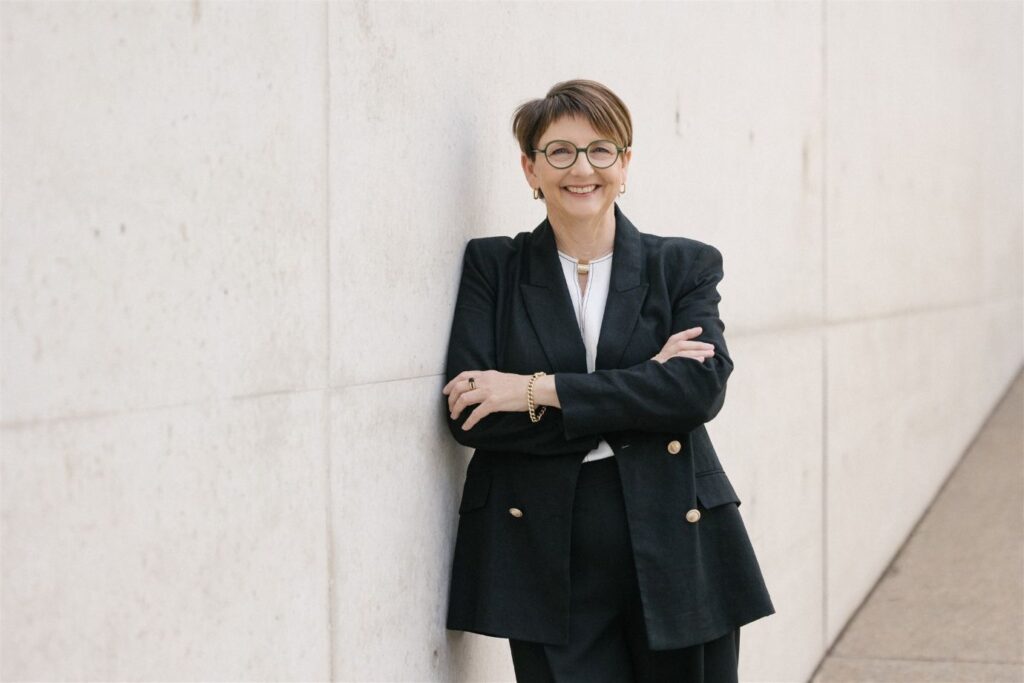In May 2025, 21‑year‑old Charlotte Walker became Australia’s youngest ever senator, taking her seat the very day she turned 21. Her election was unexpected; she won Labor’s third Senate spot in South Australia, a seat rarely secured by the third-ranked candidate in the preferential system.
Her first speech, delivered in August 2025, was raw, deeply personal and visionary. She committed to tackling housing affordability, generational inequity, domestic violence, youth mental health and climate change – the very challenges that young people live firsthand.
Meanwhile, in NSW, the Minns Government has done something both bold and overdue: legislating youth board positions on six of NSW’s cultural institutions, including the Sydney Opera House and the Art Gallery of NSW. This reform isn’t symbolic. It’s a sign of things to come – boards and institutions must reflect the realities faced by a generation navigating climate anxiety, digital disruption, housing stress and social change.
While youth advisory committees and consultation forums are increasingly being created, they are just a proxy for real inclusion. In contrast, the Minns requirement for young directors is a powerful lesson in both genuine engagement and good governance – which matters more than you think.
Directors made decisions that affect Australians every day. Mining boards shape Australia’s export strategy and climate policy. Community housing boards determine who gets affordable accommodation and where new developments are built. Energy company boards decide electricity pricing and renewable energy transition timelines that affect every household and business.
The stakes of governance could not be clearer. When it fails, the effects are felt keenly: retirement savings are eroded through poor risk management, as the collapse of Dixon Advisory demonstrated. Home insurance claims from climate-driven flood damage still go unpaid years after the 2022 Lismore floods. Sacred sites have been destroyed, data breaches covered up and tens of thousands of funding misapplied in some of the worst corporate governance failures of the last few years.
When governance works, by contrast, it builds public trust, drives economic prosperityand ensures organisations can pivot to meet emerging community needs. Research from UNSW Business School Professor Ronald Masulis shows that firms with predominantly older independent directors have weaker engagement, poorer decision-making, and worse performance.
Yet boardrooms remain largely grey: in the ASX 300, the average director is 61; nearly 88 per cent are over 50, and seven per cent over 70. In the not-for-profit world, 68 per cent of board members are over 50, and over a quarter are above 65. This isn’t a “DEI checkbox”, it’s governance risk. Homogeneity breeds groupthink, disconnect, and irrelevance.
As Lucy Turnbull said when she was Chief Commissioner of the Greater Sydney Commission: “The more diversity you have at the table, the less likely you are to go down the rabbit hole of groupthink… Having diversity is of enormous value.” When young directors, and young leaders more broadly, are added to the mix, organisations are better at risk management and strategic decision-making, more innovative and agile and more sustainable.
In an era defined by the unprecedented speed of change, governance needs to adapt, challenge and innovate, areas in which young people are skilled. But young people face significant barriers to the boardroom, with a perceived lack of “relevant” experience and few, if any, connections. For those willing to give it a go, governance training can be unaffordable, costing thousands of dollars. For NFP and charity roles, the costs are ongoing, as the majority of positions are voluntary and unpaid.
If we’re serious about leading our organisations for the future, we must develop new pathways to governance for young people, and it can’t stop with the arts. Every board should be asking: where are our young people in governance?
Feature image: Kath Hall.

